How to Get Pregnant with an Egg Donor?
Fertility TreatmentThe journey to parenthood can be filled with many challenges and obstacles, especially for those who struggle with infertility. However, thanks to advancements in reproductive technology, there are now various options available for individuals or couples who are unable to conceive naturally. One such option is the donor egg process, also known as egg donor IVF.
This process of egg donation has become increasingly popular, with countries like Iran offering affordable and accessible options for those seeking this treatment. For many, this method has provided hope after experiencing IVF failure and has allowed them to fulfill their dreams of starting a family.
How Does Egg Donation Work?
Egg donation is a process in which a woman donates her eggs to be used for in vitro fertilization (IVF) or other assisted reproductive technologies. This process typically involves several steps.
First, the donor must undergo a thorough medical and psychological screening to ensure she is physically and mentally healthy enough to donate. Once approved, the donor will then undergo ovarian stimulation, which involves taking hormones to stimulate the production of multiple eggs. These eggs are then retrieved through a minor surgical procedure and fertilized with sperm from the intended father or a donor. The resulting embryos are then transferred into the uterus of the intended mother or a gestational carrier.
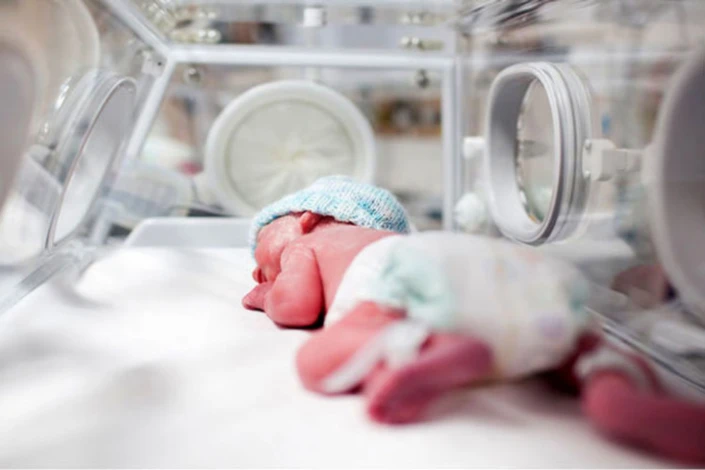
IVF with Donor Egg Process Step-by-Step
In the egg donation process, the donor egg is fertilized in the laboratory with the sperm of the intended father. The fertilized egg or embryo is then transferred into the intended mother's uterus. The egg retrieval process is performed under local anesthesia.
- Donor Screening
- Egg Donor Matching
- Ovarian Stimulation for the Egg Donor
- Fertilization and Embryo Transfer
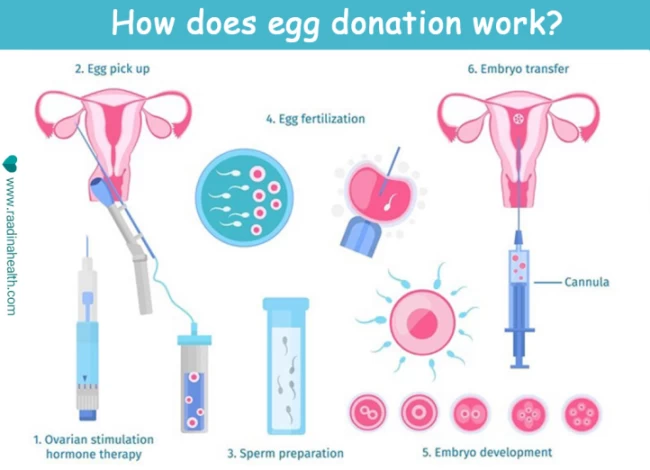
Step 1: Donor Screening
Before the egg donation procedure, the donor must refer to the infertility center according to the schedule announced. In the first step, the donor should be examined by a gynecologist. Then, she has to undergo an ultrasound examination and perform tests such as AIDS, hepatitis, addiction, etc. Finally, the donor can get permission from a physician to donate her egg.
Step 2: Egg Donor Matching
To perform egg donor IVF, the physician regulates the donor's menstrual cycle and coordinates it with the recipient's cycle. This process will take about a month. Of course, to choose a suitable donor for each person, the physician considers the donor's health and the appearance similarity (phenotypic) between the donor and reception, including skin color, eye color, hair color, and body structure. The physician also maintains the confidentiality of donor identities.
Step 3: Ovarian Stimulation for the Egg Donor
Having gone through an ultrasound examination, the donor enters the process of taking medications to stimulate the ovaries to induce ovulation. Most of these drugs are taken for ten days. Once the follicles have reached the proper size, the doctor will set a specific day for retrieving the eggs from the donor's ovaries. A sperm sample is taken from the recipient's partner on the same day. The donated egg is then fertilized with sperm in a dish in a laboratory. The egg retrieval process is an outpatient procedure performed under local anesthesia. Click here for more information about the egg retrieval process.
Step 4: Fertilization and Embryo Transfer
The resulting embryo comprises the recipient's partner's sperm, and the donated egg is transferred into the recipient's uterus. About two or three embryos are often transmitted per IVF cycle. The egg recipient can take a pregnancy test after 14 days.
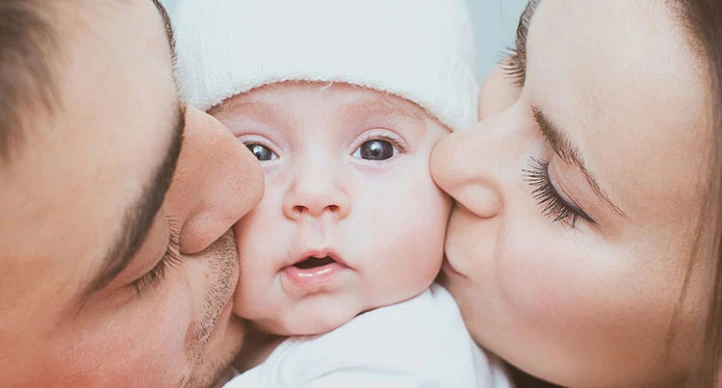
Success Rate of IVF with Donor Eggs
The success rate of pregnancy with a donor egg depends on several factors, such as the maternal age, the quality of sex cells and the embryo, the general health condition of the mother, and the number of embryos transferred. On average, the chance that an egg donation cycle results in pregnancy is 50%. Compared to the risk rate of the egg donation cycle, which is very low, IVF with donor egg success rates is quite acceptable.
Who Is a Good Candidate for Using Egg Donation?
The egg donation method is an alternative for women with poor egg quality or those who did not produce good-quality embryos in at least three cycles of assisted reproduction. This method can also be used where a genetic disease can be transmitted from mother to fetus. Sometimes, a laboratory method such as PGD cannot treat and identify genetic disorders. If you want to know more about preimplantation genetic diagnosis (PGD), follow this article.
In general, the following people can use the egg donation method to treat fertility problems:
- Women over the age of 35;
- Women with hypogonadotropic;
- Women with early menopause;
- Women with a history of oophorectomy (removal of the ovaries);
- Women with a history of chemotherapy or radiation therapy;
- Not responding ovaries to ovulation-stimulating drugs;
- The existence of definite signs of diminished ovarian reserve;
- Recurrent incurable miscarriage;
- Menopause.
Donor Egg Recipient Requirements
- Being between 21 to 35 years old;
- Being a divorcee or a non-lactating widow;
- Preferably having one healthy child;
- Being genetically healthy;
- Not having diseases such as AIDS, hepatitis, syphilis, etc.;
- Not being addicted;
- Having Normal ovarian volume and reserve;
- Having consulted a psychologist or psychiatrist
- Having a doctor's referral letter that shows the person is eligible to use egg donation.

How Should the Recipient of Donor Egg Be Evaluated?
In IVF with a donor egg, both the donor and the recipient should perform multiple examinations. The recipient should undergo a physical examination, a mammogram, colonoscopy, sonohysterography, and ultrasound screening. Also, she should take several blood tests with specific intervals so that her hormone level, blood type, rubella, hepatitis, HIV, etc., can be measured.
Getting Ready to Receive Donor Eggs
Preparing to receive donor eggs can be an exciting and nerve-wracking experience. It is important to first research and understand the process of receiving donor eggs and the potential risks and benefits.
This may involve consulting with a fertility specialist or attending informational sessions. Once you decide to proceed with donor eggs, you must find a reputable egg donation agency or clinic. This involves completing medical and psychological screenings, as well as legal contracts.
It is also important to prepare yourself emotionally for the journey ahead, as receiving donor eggs can bring up a range of emotions, such as excitement, anxiety, and even grief. It may be helpful to seek support from loved ones or join a support group for individuals going through similar experiences.
Physically preparing for the procedure may involve taking certain medications or making lifestyle changes your doctor recommends.
What does the donor have to do before egg retrieval?
The donor will probably be asked to abstain from eating and drinking for about 8 to 10 hours before the operation. She will also be asked not to wear contact lenses, jewelry, makeup, and nail polish on the day of surgery. The donor will be given anesthesia by intravenous injection or inhalation in the operating room.
What to Expect After Egg Donation?
After egg donation, you may need to get one or two days off from work to recover. However, if you feel physically and mentally ready to return to your daily activities, you can do so. Sometimes, the egg donor should be monitored for several days, or she should meet a psychotherapist for a couple of sessions. It is better to keep in touch with your doctor for the first two weeks to ask for their help if necessary.

What does the donor have to do after egg retrieval?
After the egg retrieval, the doctor may prescribe antibiotics to prevent infection and reduce inflammation in the genitals. The donor is asked to return to the hospital for a post-retrieval checkup. So that the doctor can ensure that she is recovering correctly from ovarian stimulation and retrieval, so donors can usually return to routine activities a day after egg retrieval. But in case any of the following complications occur, you should immediately report them to the doctor:
- Body temperature over 38° C;
- Severe abdominal pain or bloating;
- Chronic nausea and vomiting;
- abnormal uterine bleeding (low bleeding is normal);
- Painful or difficult urination;
- Weakness or dizziness.
Donor Identity in Egg Donation
Whether or not the donor's identity is confidential depends on the recipient and donor's agreement. Sometimes, the recipient couple prefers to meet the egg donor and get to know her better. In contrast, in other cases, the recipients want to know important physical and mental information about the donor, not her full identity. It is also noteworthy that in some situations, the parents may let the donor contact the child once they reach a certain age. Hence, the recipient asks the fertility clinic to preserve the donor's identity for future use.

Disadvantages of Using Donor Eggs
- Injection problems
- Ovarian cysts
- Ovarian hyperstimulation syndrome
- Risks during egg retrieval
- Hot flash
- Depression and mental health problems
- Genital cancer
Injection problems
The physician uses injectable hormonal drugs to stimulate the ovaries to release healthy eggs. Most people will not have any problems during the injection, but in some cases, some will experience allergies, redness, bruising, and, in rare cases, fluid retention, breast pain, and mood swings. In addition, injections of hormonal drugs may cause irregular menstruation in subsequent menstrual cycles.
Ovarian cysts
Ovarian cysts have been reported in about 1% of women who had donated their eggs.
Ovarian hyperstimulation syndrome
Sometimes, the egg donor develops ovarian hyperstimulation syndrome and complications such as dehydration, kidney damage, fluid retention in limbs, and blood clotting disorders.
Ovarian stimulating hormones are injected to perform egg retrieval so the ovary can release several eggs. If the donor's body fails to control the injected hormones, they may become allergic, and their health may be at risk.
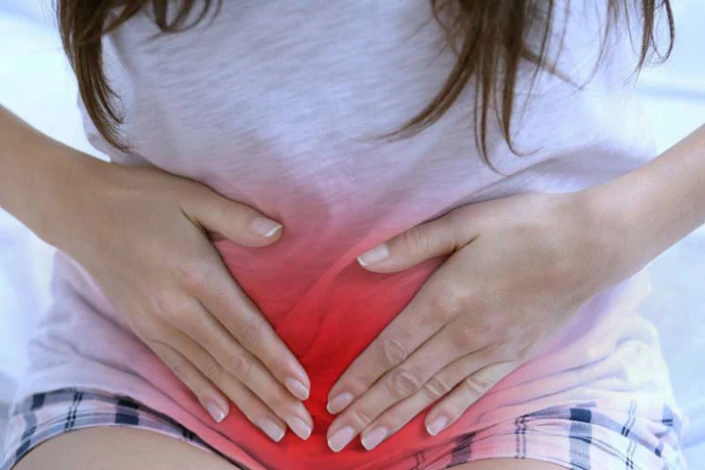
Risks during egg retrieval
Suppose a donor prefers unreliable centers or inexperienced doctors for performing egg retrieval. In that case, she increases the risk of damage to her intestines, bladder, arteries around the ovaries, and damage to adjacent organs of the ovaries.
Hot flash
Some of the complications of ovarian stimulation hormone injection include hot flashes, sweating, anxiety, vaginal dryness, insomnia, rapid heartbeat, and feeling of extreme heat.
Depression and mental health problems
Some egg donors become depressed after the egg donor IVF. It is recommended that the person be prepared mentally for the donation before proceeding.
Genital cancer
Studies show that since a woman takes a lot of hormonal drugs during the egg donation process, frequently donating eggs can increase the risk of women's cancer.
Egg Donation and Surrogacy
The doctor suggests using donor eggs and surrogacy in patients with severe uterus or ovarian problems such as cancer, endometriosis, or MRKH syndrome. In the surrogacy method, the egg and sperm are fertilized in the laboratory, and the resulting embryo is transferred to the womb of the surrogate mother to be carried out for nine months. The surrogate doesn't share any DNA or biological features with the baby and only carries it until birth. Also, she has no legal right or responsibility toward the child.
Egg Donation in Islam
Shiite and Sunni scholars have held various opinions on using the egg donation method. Most Sunni scholars agree that egg donation is not permitted in Islam, while most Shiite scholars consider this method allowable. They agree that if the donor and recipient's partner temporarily marry together for a few hours before the egg retrieval, the resulting embryo in the laboratory will be legitimate.
So, we recommend you obtain the necessary information about the fatwā of your marji' taqlīd if you wish to use IVF with donor eggs.
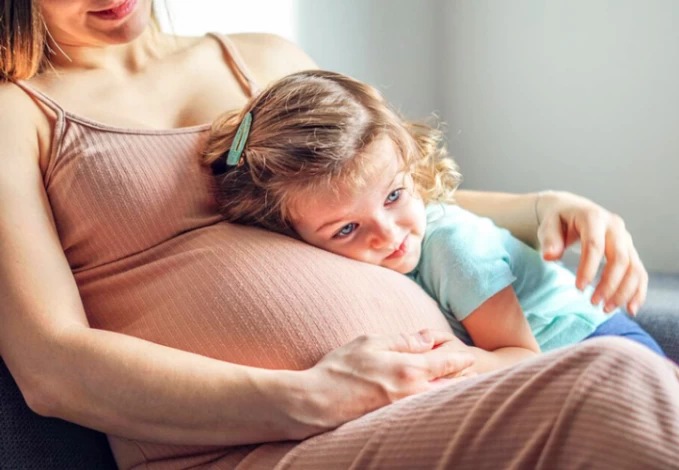
Legal System of Egg Donation in Iran
Before starting the egg donation process, the receivers and donors will be informed about their rights and duties during a legal consultation session. After having reached an agreement, the two parties sign a contract.
We should note that the donor will not have rights over the embryo produced through the IVF process. The resulting embryos legally belong to the receivers of the donor egg. If you want information about the best country for egg donation, do not miss this article.
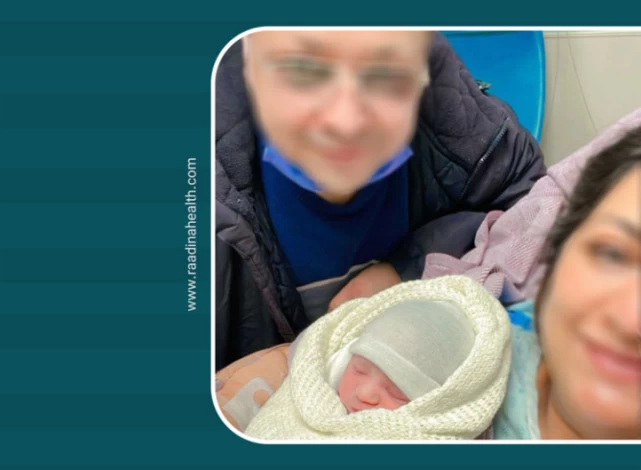
Conclusion
If you want more information about the Egg Donation Process in Iran, don't hesitate to contact us for a free consultation from Raadinahealth medical consultants. We help you find the best fertility treatment centers in Iran and the right specialist for your needs. To book an appointment with a doctor, begin here.
Contact us for a free initial consultation about IVF with donor eggs
WhatsAppTelegramFacebookEmailFAQs on Egg Donation
1) Can I donate eggs to a family member, friend, or someone I know?
Although the egg donor is often anonymous, you can donate an egg to a family member or friend if they ask. No moral or legal problem exists in donating eggs to someone you know.
2) Can I donate eggs more than once?
Yes. Each fertile woman can donate eggs up to 6 times in her lifetime.
3) Do I have legal responsibilities to the child after the egg donation?
No. Before egg donation, you sign a contract that removes all your responsibilities towards that child so that you won't have any legal rights and responsibilities associated with the child.
4) Can I go to work during the egg donation cycle?
If your job is not physically demanding and does not interfere with your clinic appointments, you can resume work during the egg donation process.
5) Will egg donation reduce my eggs?
No. Every woman is born with a certain number of eggs. Each month, the uterus depletes one egg after the menstrual period. Fertility medications release some of these eggs that the body would naturally discard. So, egg donation does not reduce your ovarian reserve, and you will still be fertile after egg donation.
6) How long does the egg donation process take?
The egg donation takes about 6 to 8 weeks: two to four weeks for medical evaluations, ultrasound monitoring, physical examinations, and four weeks for taking medications and egg retrieval.
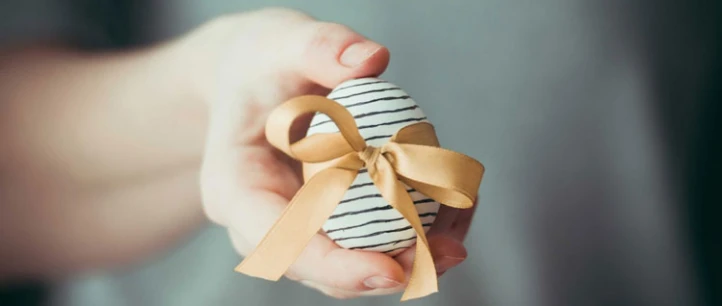




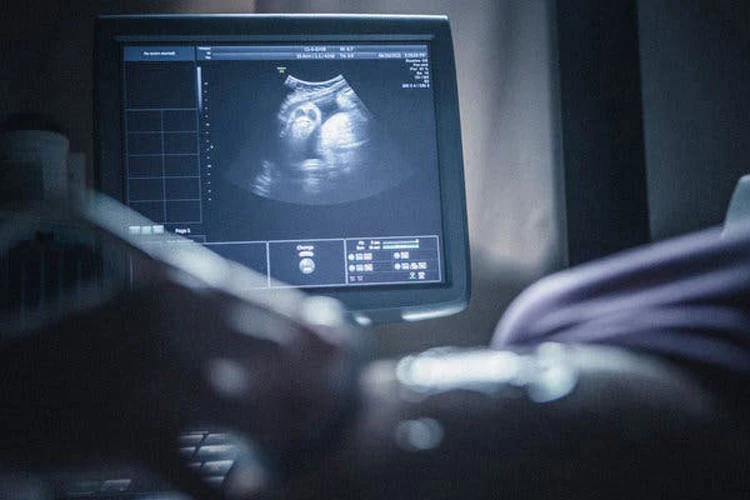
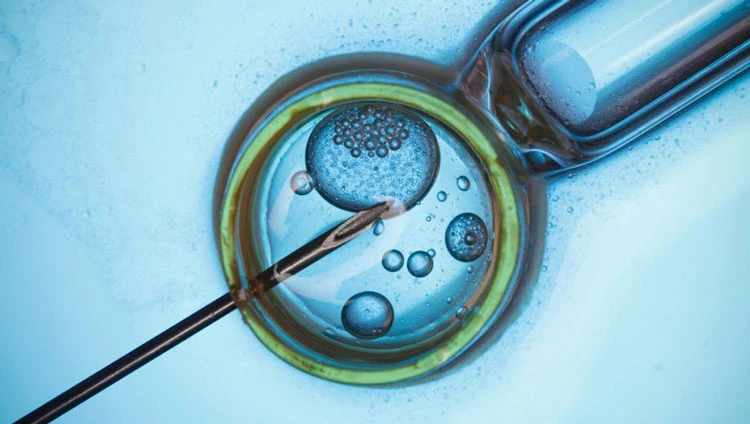
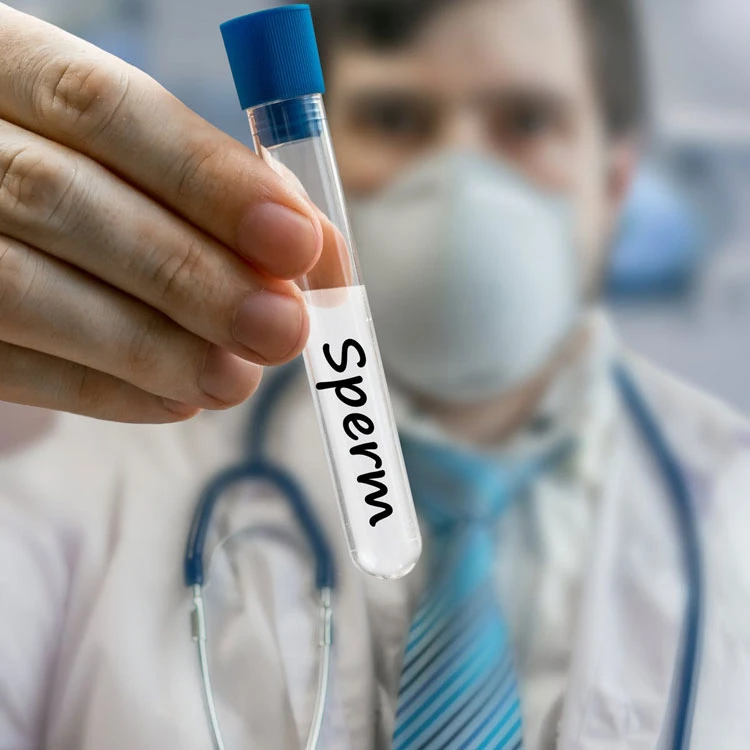
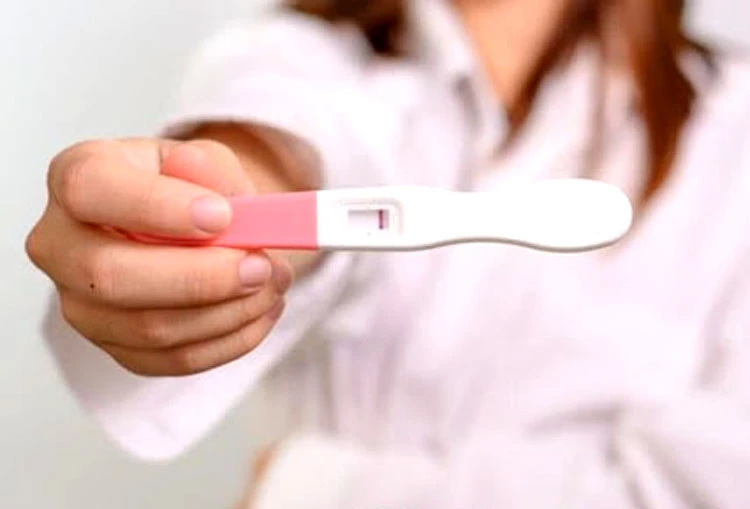
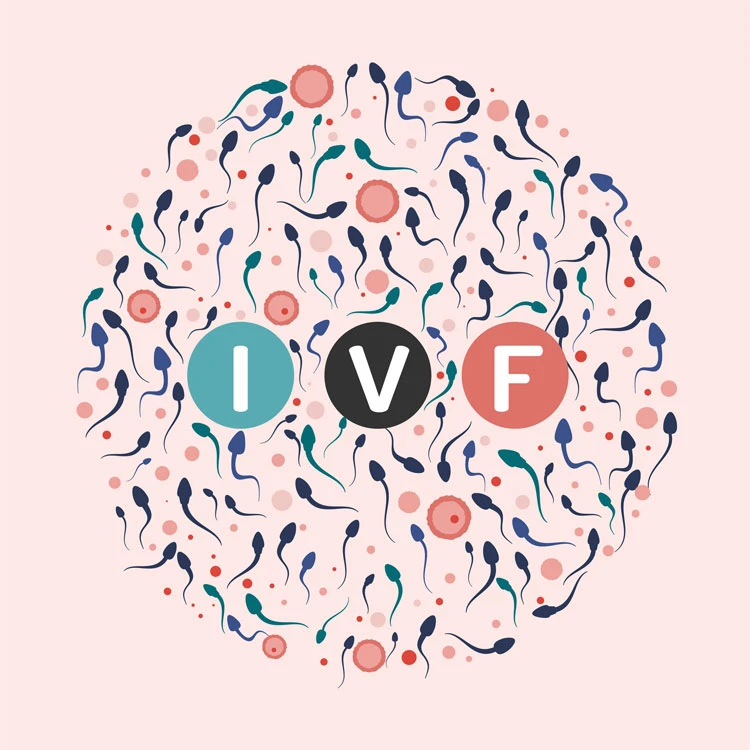
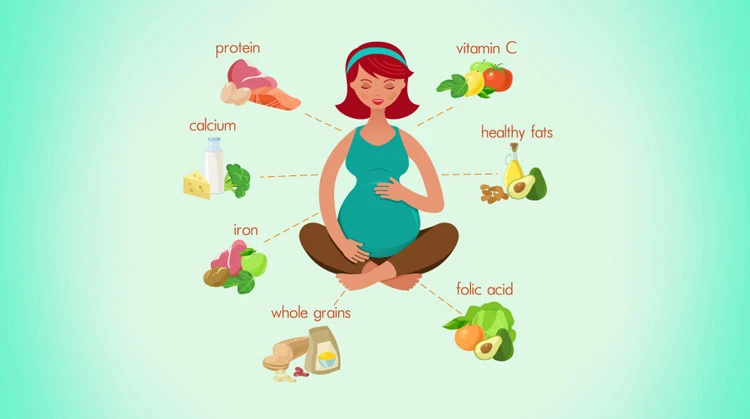
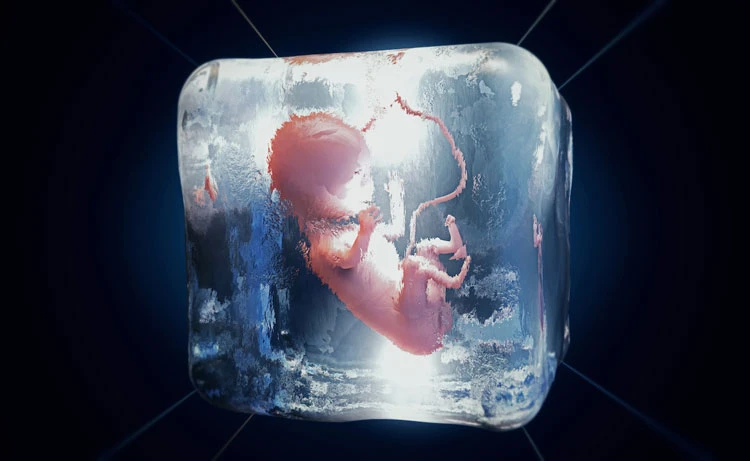

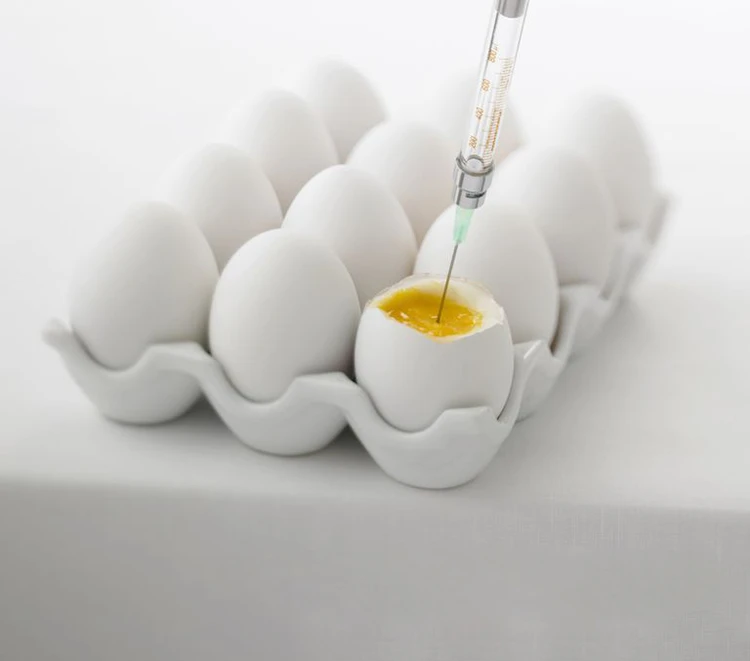
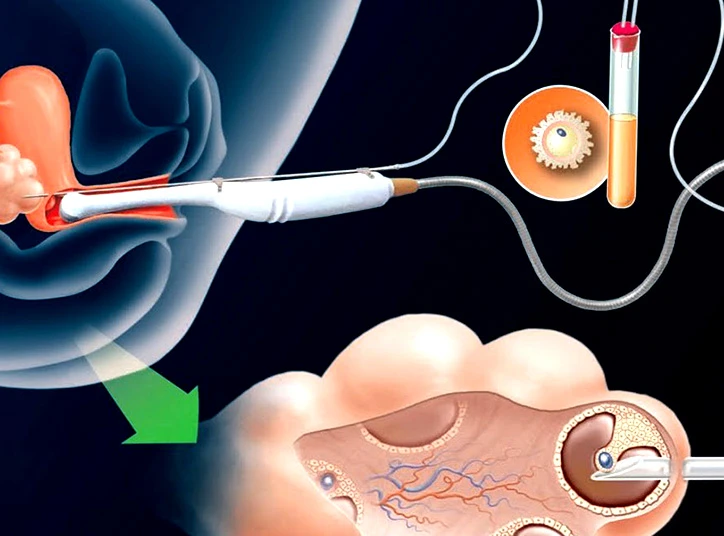
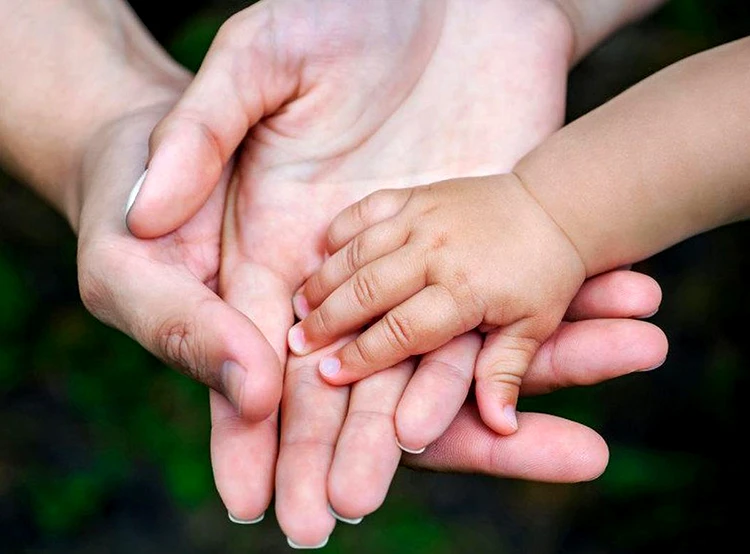

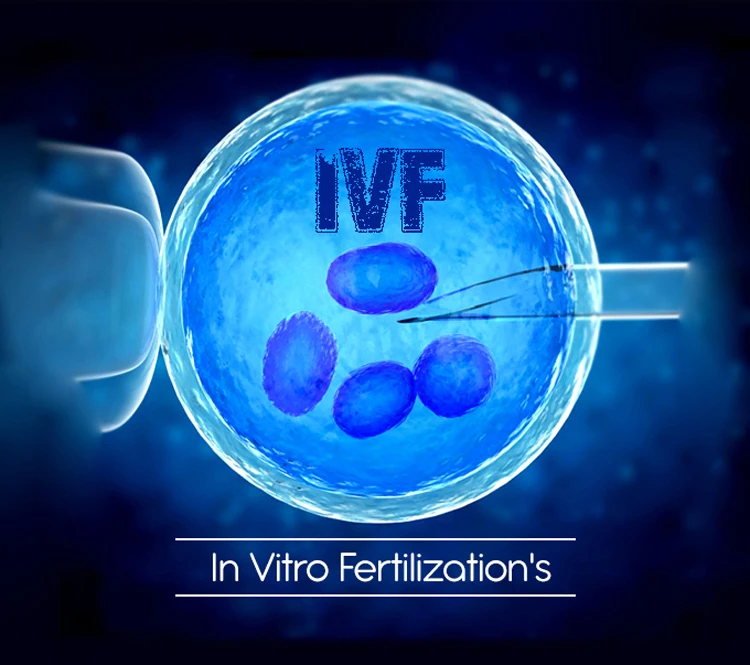
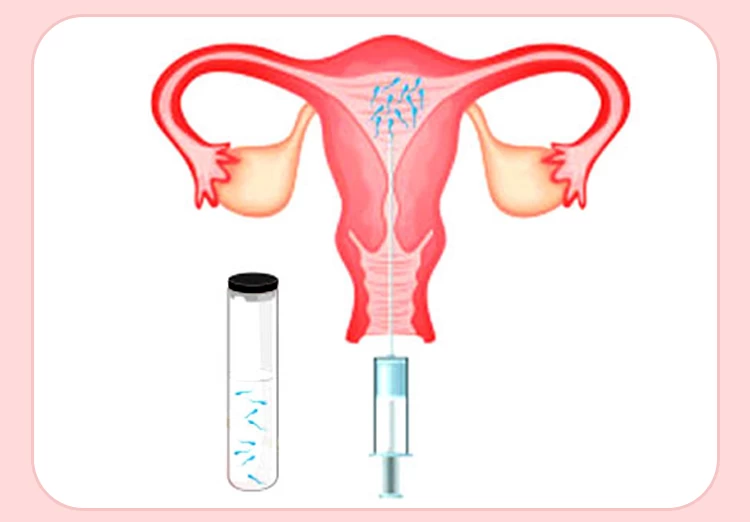
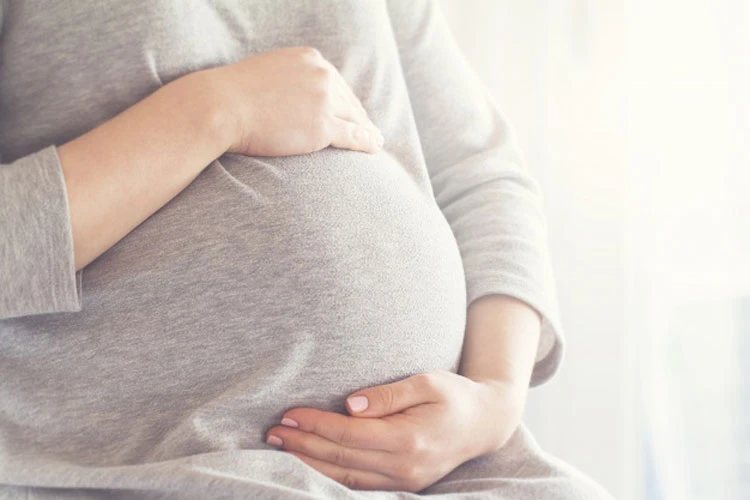
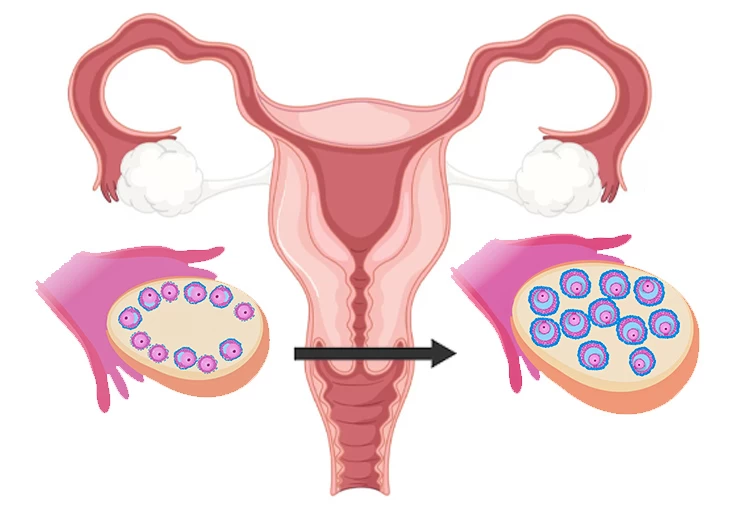
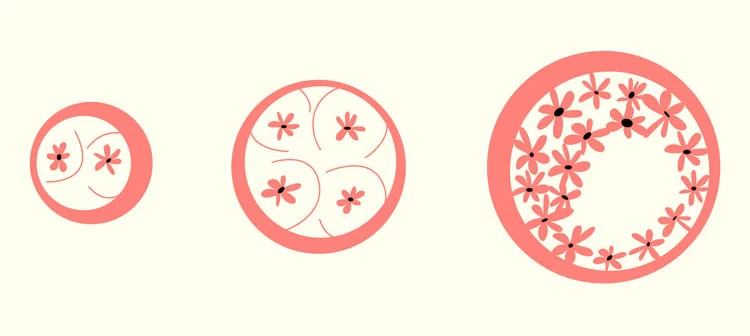
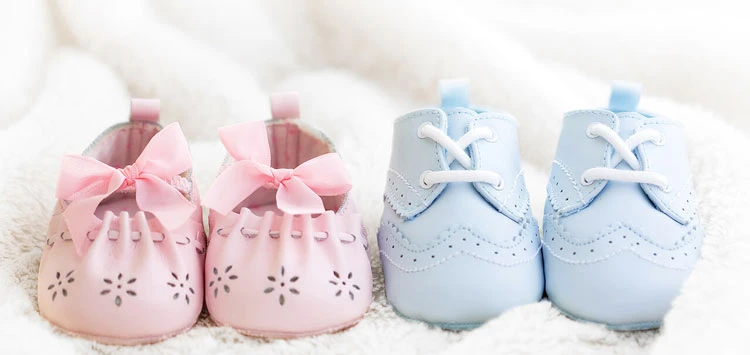
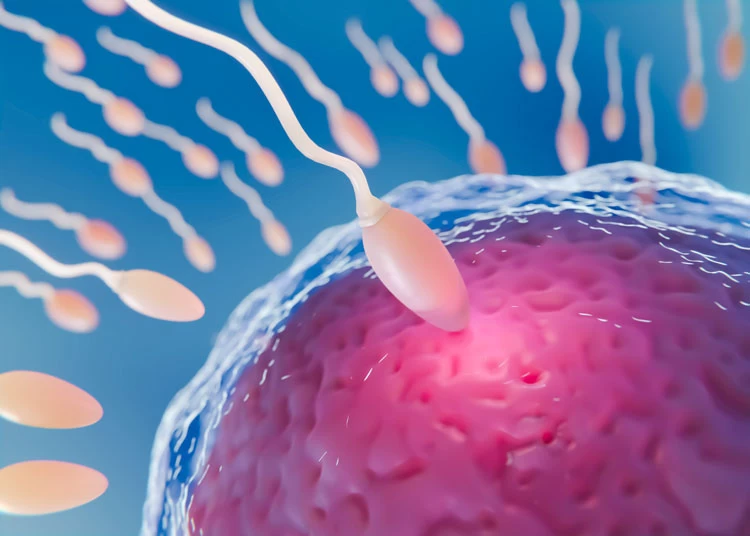
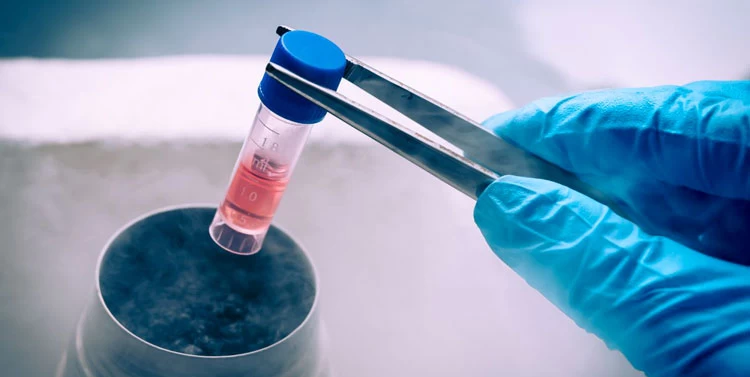
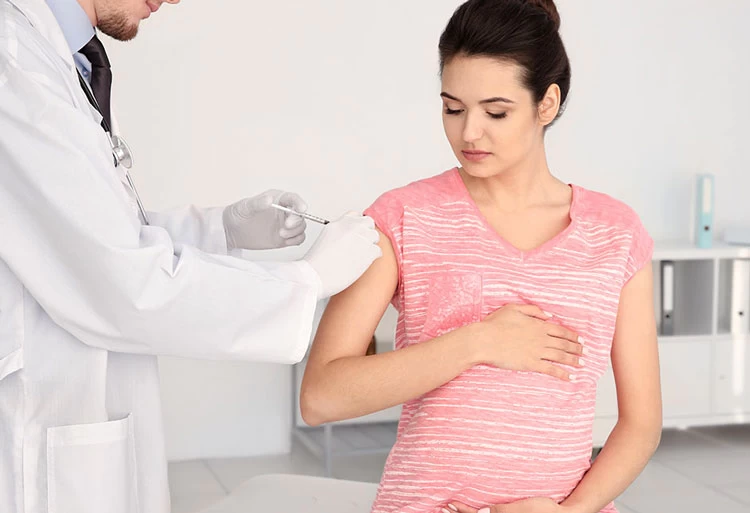

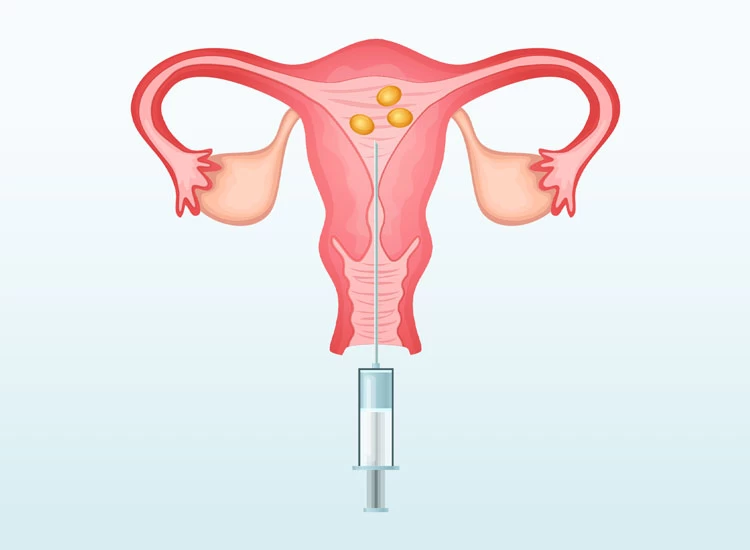
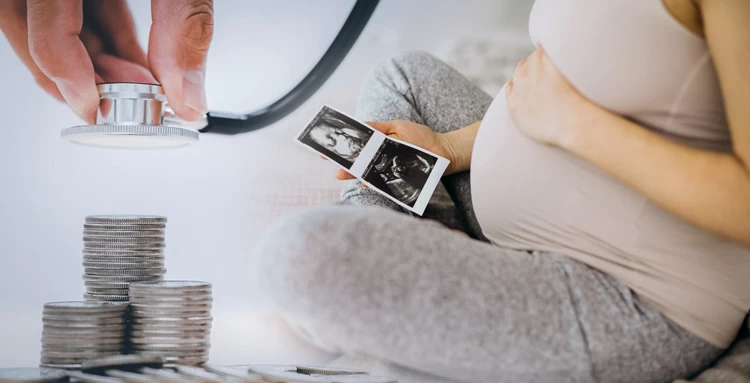
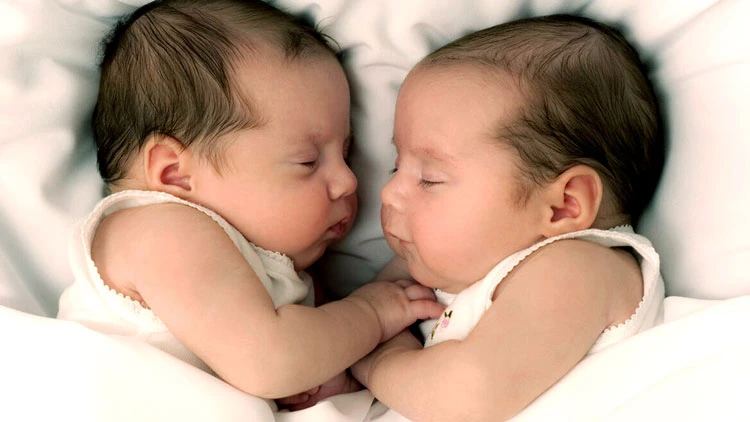
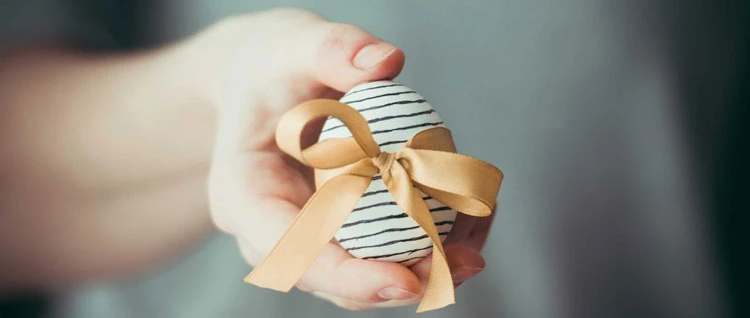
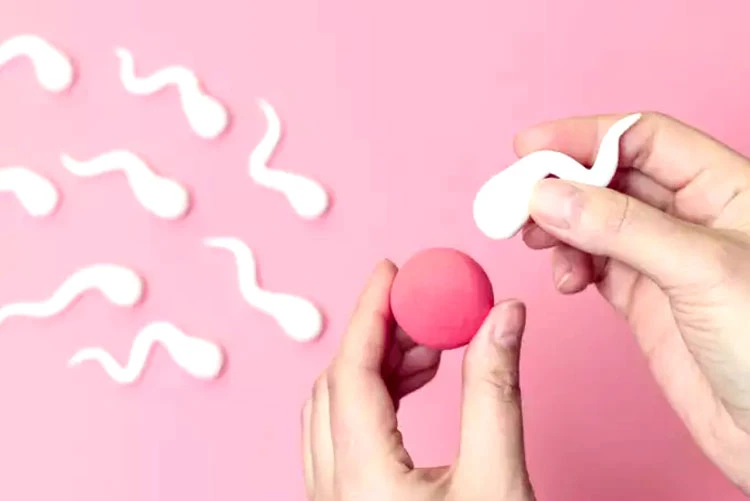
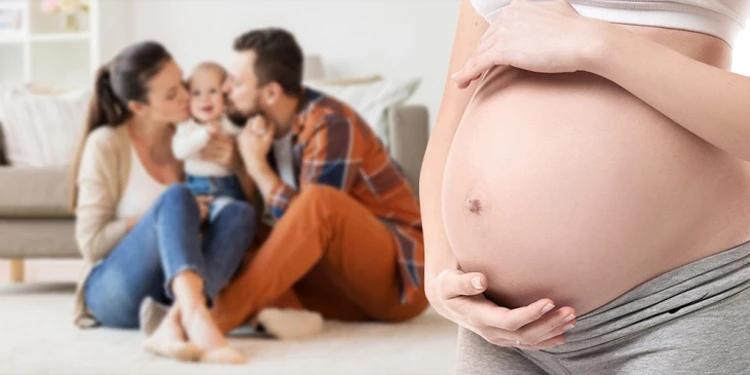
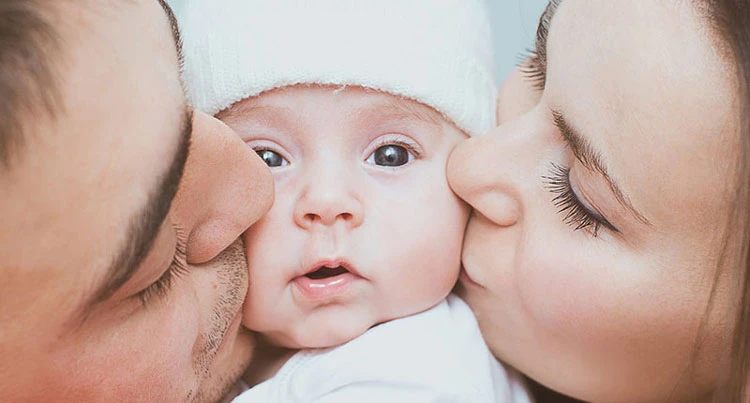
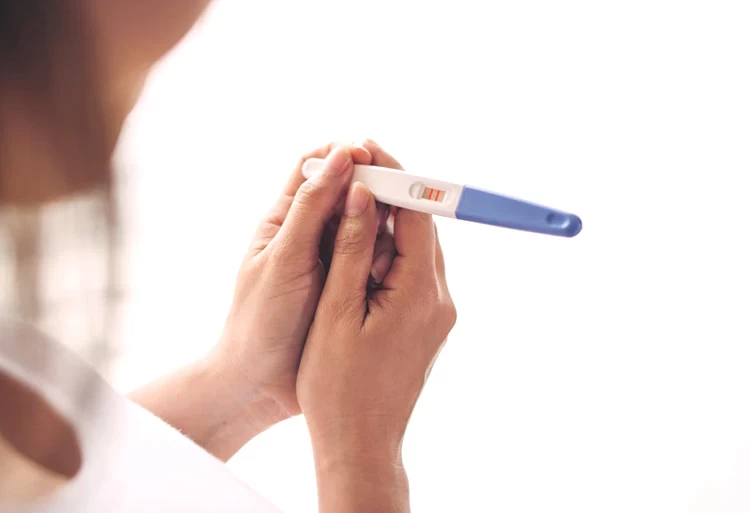
User
-Hello ,
I am inquiring information about IVF with egg donor .
My phone number : 973 818 8930
User
-Hello. In order to get information about IVF process or any other fertility treatments in Iran; please contact us on WhatsApp at 00989223401365
User
-Hi, I'm Muslim and living in Canberra. If I want to get pregnant with an egg donation, How do I choose an egg donor?
Fatemeh Vajhi
-hi
we do it for u
we have many different donors with different profile
regarding on ur need we find suitable ones for u
send their profile to u u can select one
to have more information ,u can get contact me on what's app (+989052510125)to answer all ur questions
User
-Hello, I tend to get pregnant with egg donation. How many eggs will I receive from my donor?
Fatemeh Vajhi
-Hi
Often more than
15
We graunte 10 eggs
User
-Hi, I'm in my twenties. I was thinking about donating some of my eggs. I don't want children but like to think that I can help families who need it. What should I do and how is the egg donation process?
Habib Ebrahimi
-Hello dear friend,
If you're considering donating your eggs, the first step is to research and find a reputable fertility clinic or egg donation agency. You will need to undergo a series of medical and psychological evaluations to determine their suitability for egg donation. This may include a physical exam, blood tests, and a review of their medical history. Once you are approved as a donor, you will be matched with a recipient based on specific criteria such as physical characteristics, ethnicity, and medical history.
You will then receive hormone injections to stimulate your ovaries to produce multiple eggs during your menstrual cycle. Once the eggs have matured, they will be retrieved through a minor surgical procedure called transvaginal ultrasound aspiration.
User
-Hello. I'm going to have IVF with egg donation next week. Will it be painful? How long does it take me to heal?
Habib Ebrahimi
-Hello dear friend,
The recovery time after egg donation is simple. Most women typically feel back to normal within a few days to a week. Some common side effects after egg retrieval may include cramping, bloating, and mild discomfort.
User
-Hi there. Would you guide me about the number of eggs? Are 6 donor eggs enough?
Habib Ebrahimi
-Hello dear friend,
The number of donor eggs needed for a successful IVF cycle can vary depending on various factors, such as the quality of the eggs and the expertise of the fertility clinic. Typically, a single IVF cycle requires around 6-15 eggs to increase the chances of success. However, this can vary from person to person, and it is best to consult with a fertility doctor.
User
-Hi. As our last choice, my husband and I want to try egg donation. I'm worried if fails. Can egg donation fail?
Habib Ebrahimi
-Hello dear friend,
Yes, egg donation can fail. The success rate of egg donation varies depending on various factors such as the age and health of the egg donor, the quality of the eggs, and the fertility of the recipient. It is important to discuss the potential risks and success rates with a doctor before pursuing egg donation.
User
-Hi. Do I need to stay in bed after my IVF with donor eggs?
Habib Ebrahimi
-Hello dear friend,
No, it is not necessary to stay in bed after an embryo transfer. In fact, some studies have shown that prolonged bed rest decreases the chances of successful implantation. It is recommended to rest for a short period after the transfer but then resume normal daily activities.
User
-Hi. I love twins. What are my chances of having twins with donor eggs?
Habib Ebrahimi
-Hello dear friend,
The chances of having twins with donor eggs are higher than with natural conception or using a woman's eggs. This is because fertility treatments often involve transferring more than one embryo to increase the chances of pregnancy success.
Read the Twins in IVF Raadina Health article if you want more information.
User
-Hi. I've waited too long to have a child. How long does it take me to get pregnant with donor eggs?
Habib Ebrahimi
-Hello dear friend,
The time it takes to get pregnant with donor eggs can vary depending on several factors, including the age and health of the recipient, the quality of the donor eggs, and the fertility treatment used. In general, the process involves several steps, including selecting a donor, synchronizing the menstrual cycles of the donor and recipient, stimulating the recipient's uterus with hormones, and transferring the embryos. The process usually takes 6-8 weeks with frozen eggs and 12-16 with fresh eggs.
User
-Hello. Can I have a miscarriage with donor eggs? What are the odds?
Habib Ebrahimi
-Hello dear friend
The odds of miscarriage with donor eggs are generally lower than with traditional IVF using the patient's eggs as the donor is usually younger and healthier. According to a study published in the Journal of Assisted Reproduction and Genetics, the miscarriage rate with donor eggs was 14.2%, compared to 25% for traditional IVF using the patient's eggs.